Benefits Of Using Cannabis To Treat Epilepsy
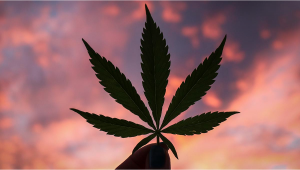
- 1. But first, what is epilepsy?
- 2. How can cannabis treat epilepsy?
- 2. a. What research has found on the subject
- 3. Cannabis for epilepsy changing the world
- 3. a. The case of charlotte figi
- 4. The bottom line: a call for research
As you may or may not have already heard, marijuana is an extremely promising substance in the medical field. As a matter of fact, it is most likely due to this point that over time cannabis gained more recognition around the world, and achieved to become a legal substance in several countries.
Medical marijuana can be used to treat a vast amount of health conditions, from psychological ones, for example, depression, anxiety, or some types of eating disorders, to physical ones, such as those involving pain or inflammation, skin disorders, and some symptoms of cancer.
One great use of cannabis that has always been on exponential growth is as a treatment for patients with epilepsy. Since weed can provide both physical and psychological effects, the plant can aid in reducing many of the symptoms related to the disease, even more, improving the life quality of the patients suffering from it.
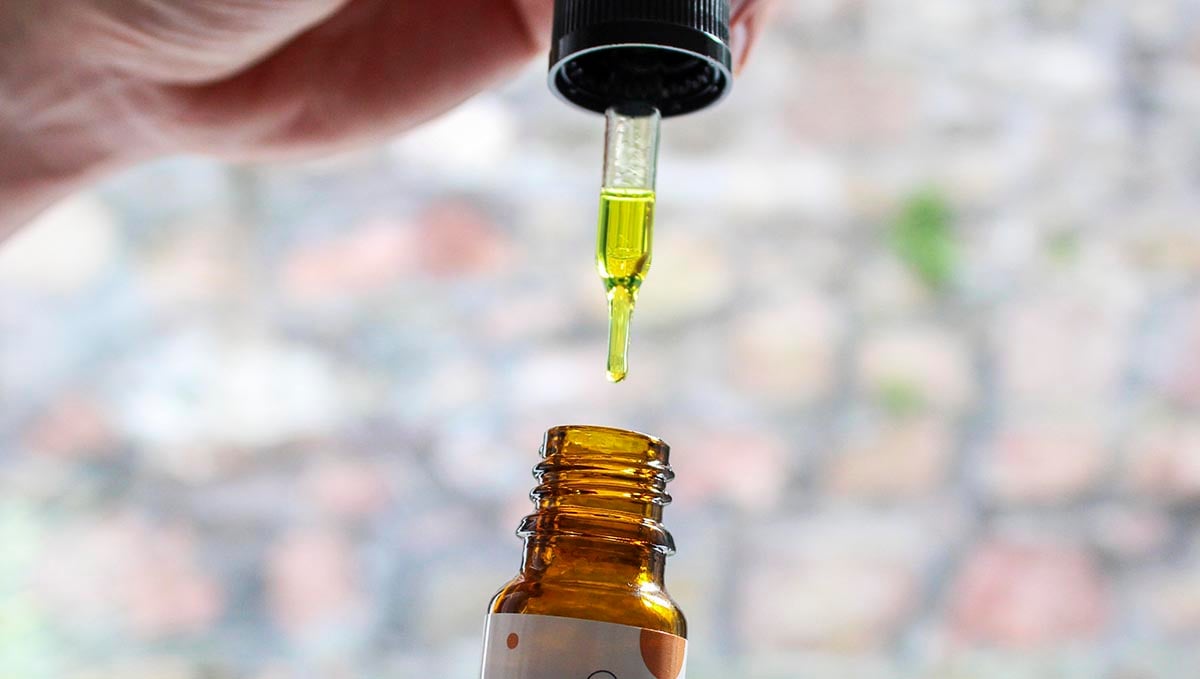
Some of the different benefits of using cannabis to treat epilepsy include:
- A notorious decrease in seizures and convulsions;
- Improved life quality;
- Reduced side effects in comparison to other medications;
- A natural alternative treatment you can grow at home, and more.
Let's dive into the ways marijuana has changed the way we approach epilepsy.
1. But First, What Is Epilepsy?
In order to understand how cannabis can help in the treatment of epilepsy, we should be able to understand what epilepsy is in the first place, am I right? Epilepsy is a disorder in the central nervous system that changes the normal activity in the brain, producing seizures, convulsions, or periods of unusual behavior or sensations to take place, including sometimes loss of awareness. 1
This neurological condition can develop in anyone at any moment given, although it is most likely to develop in young children and older people. A person is diagnosed with epilepsy after having experienced various episodes of seizures.
It is yet a mystery as to why these seizures are produced, although it is believed that they may be hereditary, brought on by brain injury or trauma. Epilepsy is usually treated by making diet changes, taking medication, and doing neurostimulation, which consists of sending electrical currents to the nervous system using a device.
However, not everyone can access these sorts of treatment, and even more, sometimes not even these are as effective as cannabis is to treat epilepsy, as some types of epilepsy are drug-resistant.
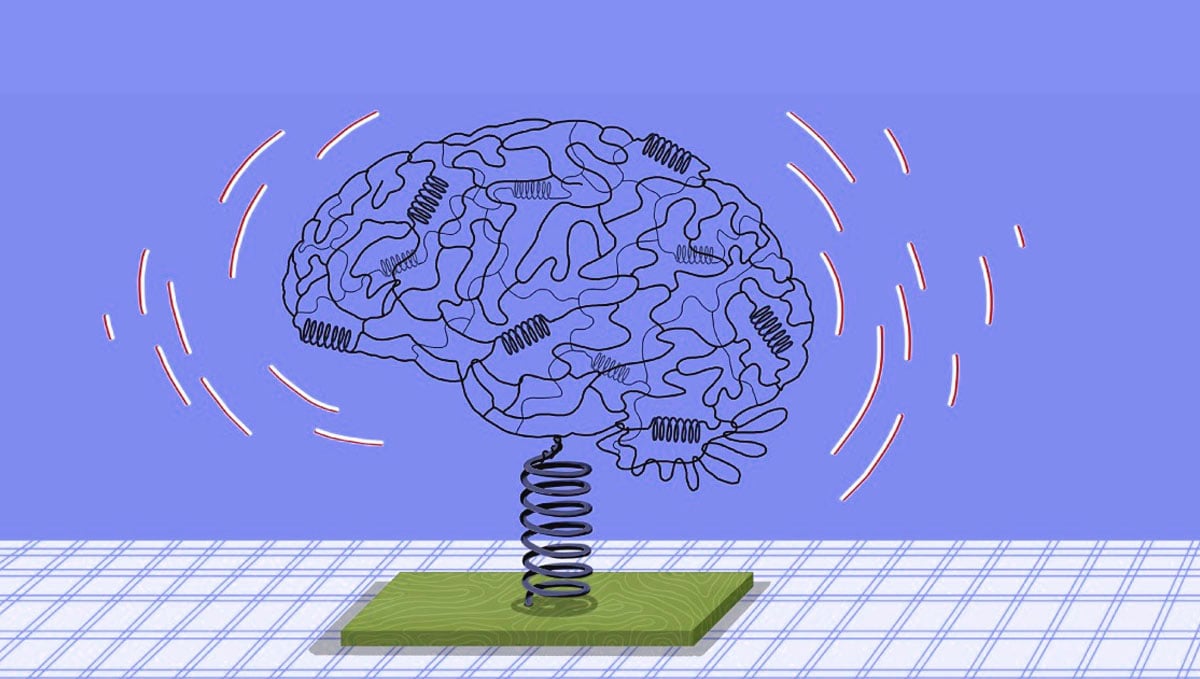
Let's see how epileptic patients can benefit and improve their life quality with medical marijuana.
2. How Can Cannabis Treat Epilepsy?
While anticonvulsants can indeed help treat epileptic patients, 40% of them are resistant to these drugs, so this calls for newer measures. Furthermore, it's these sorts of medications that also produce heavy side effects on patients, such as extreme drowsiness, tremors, hair loss and headaches.
Cannabis, on the other hand, is a great and natural alternative to anticonvulsants.

In fact, research has found that several cannabinoids have seizure-suppressing properties by interacting with the huge amount of CB1 receptors present in the amygdala and hippocampus, the first one being the part of the brain linked to the body's fear and stress responses, and the latter which plays an essential role in learning and memory.
What Research Has Found On The Subject
For instance, one study led in 2018 was set to analyze the effectiveness of cannabis for the treatment of epilepsy. Said study focused on patients dealing with Lennox-Gastaut Syndrome, LGS, a severely rare and complex form of childhood-onset epilepsy, normally taking place among children aged between 3 and 5 years and persisting into adulthood. 2
Within the patients in the study who suffered two or more drop seizures per week, some were given different doses of CBD, while others received a placebo during a period of evaluation. The results showed that drop seizures were diminished by 42% among the group with the highest doses.
In the placebo group, notoriously a 17% also perceived a decrease in their seizures. The patients reported experiencing some side effects as well, such as diarrhea and sleepiness.
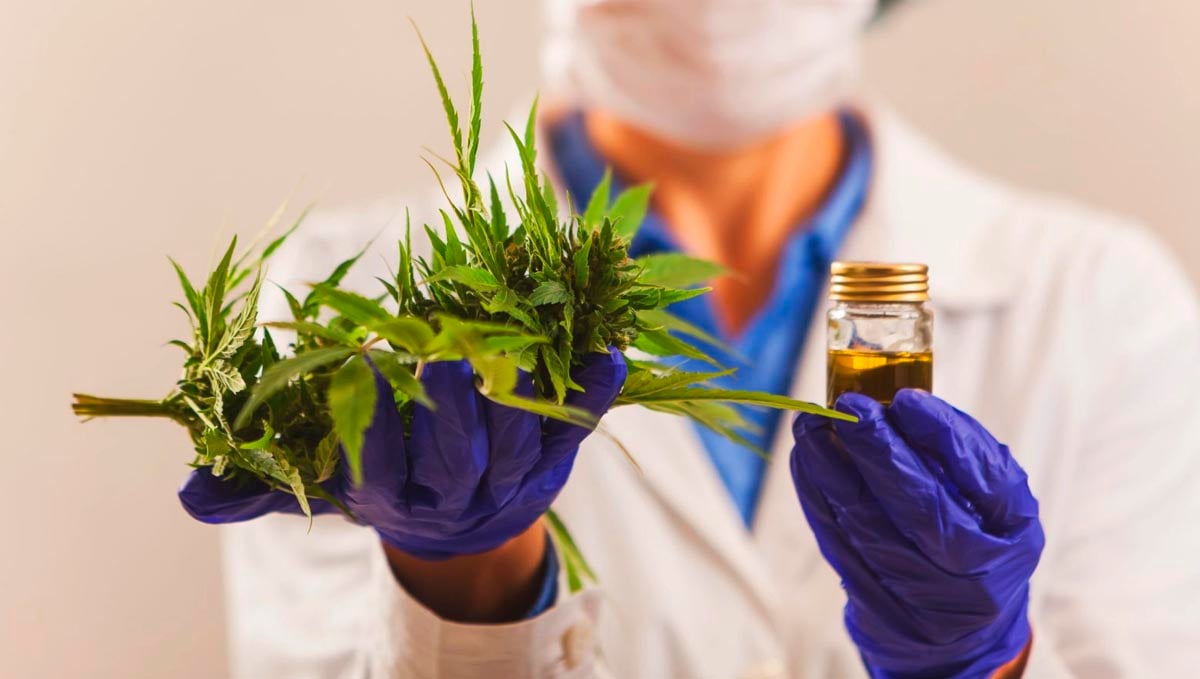
Another study, led in 2017, was also focused on the investigation of the use of CBD for the treatment of Dravet Syndrome. This is another rare form of drug-resistant epilepsy that usually manifests in the first year of life in an otherwise healthy infant and extends over their lifetime. It normally causes prolonged seizures that affect one side of the body, and fever. 3
The investigation analyzed a big group of 120 adults and children who were randomly given either placed or different doses of CBD. The main objective was to measure the changes in the number of convulsive seizures over the period of the treatment.
Among the group that showed a seizure decrease of up to 50%, 43% consisted of the group who were administered CBD. But again, among the placebo group, there was a decrease of 27% in the seizures. However, there was no significant reduction with non-convulsive seizures.
3. Cannabis for Epilepsy Changing the World
As marijuana began to show its efficacy to treat the different forms of epilepsy, big masses of people and organizations started to manifest themselves to make their voices be heard. In fact, several countries have achieved the legalization of medical marijuana thanks to such organizations and people.

One great example of this is Argentina, not only because it is my home country. In November last year, 2020, after years and years of battling, the country finally approved the home cultivation of the plant for medical purposes, and they created a national net of weed providers to fulfill the needs of those seeking to use it as a medical alternative.
The initiative was first impulsed by a group called Mamá Cultiva (Mom Grows in Spanish). It started by spreading the word on how the plant was helping to improve the life quality of the member's children and also underlining the importance of legalization in order to get the peace of mind that no one would come to punish them for breaking the law.
The group's leaders would often speak on radio shows and interviews explaining how there was absolutely no way they would stop administering CBD oil on their kids, after having noted that what once was 4-5 seizures a week had turned into 2-3 a month.
The Case of Charlotte Figi
Another famous case was the one of Charlotte Figi, a nine-year-old girl from Colorado, USA. The little girl had been experiencing massive and extreme convulsions, even up to 50 per day, and no conventional treatment was good enough to make her life easier. That's when her parents decided to try giving their child cannabis oil, made from both CBD and THC. 4
The results, well, from 50 convulsions daily to 2 or 3 nocturnal seizures a month. If this isn't proof enough of weed's effectiveness for epilepsy then what is, really? And these are just a few examples of how cannabis can make epileptic patients' lives much more enjoyable.
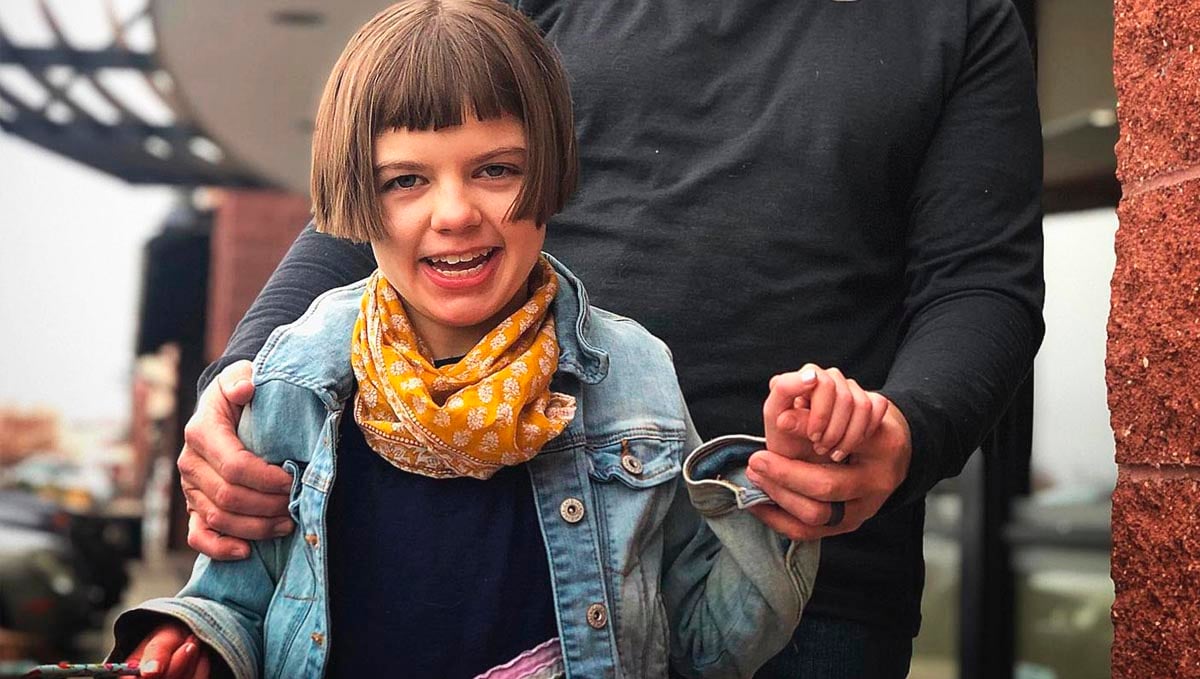
To everyone's luck, this case of Charlotte Figi managed to get published by the journal Epilepsia, gaining visibility enough for bigger authorities and society in general to realize the need for research on the subject.
4. The Bottom Line: A Call for Research
Now, if we've learned something in this article, aside from the amazing and life-changing benefits of treating epilepsy with medical marijuana, it is the importance of awareness on the subject.
When we say awareness, not only we refer to the need for research to be done on the subject in order to perfect cannabis treatments for this neurological condition, but also the need to erase the taboo that has been built on marijuana use. We no longer live in the past days with antiqued ways of thinking, it's time to change for the better.
So yes, some people use marijuana recreationally, and what's the problem with that? We're not doing anyone any harm, and prohibition is only setting unnecessary boundaries. Once we manage to get rid of this stubborn approach to cannabis, so many doors will be opened at the sight of the incredible results that newer investigations will bring.
MEDICAL DISCLAIMER
This content is for educational purposes only. The information provided is derived from research gathered from external sources.
EXTERNAL REFERENCES
- "Seizures and Epilepsy: An Overview for Neuroscientists" Carl E. Stafstrom and Lionel Carmant. June 2015.
- "Effect of Cannabidiol on Drop Seizures in the Lennox-Gastaut Syndrome" Orrin Devinsky, Anup D. Patel, J. Helen Cross, Vicente Villanueva, Elaine C. Wirrell, Michael Privitera, Sam M. Greenwood, Claire Roberts, Dan Checketts, Kevan Vanlandingham, and Sameer M. Zuberi. New England Journal of Medicine, May 2018.
- "Trial of Cannabidiol for Drug-Resistant Seizures in the Dravet Syndrome" Orrin Devinsky, J. Helen Cross, and Stephen Wright. New England Journal of Medicine, August 2017.
- "The case for medical marijuana in epilepsy" Edward Maa and Paige Figi. Epilepsia, June 2014.








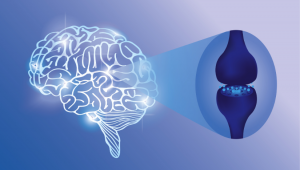


Comments